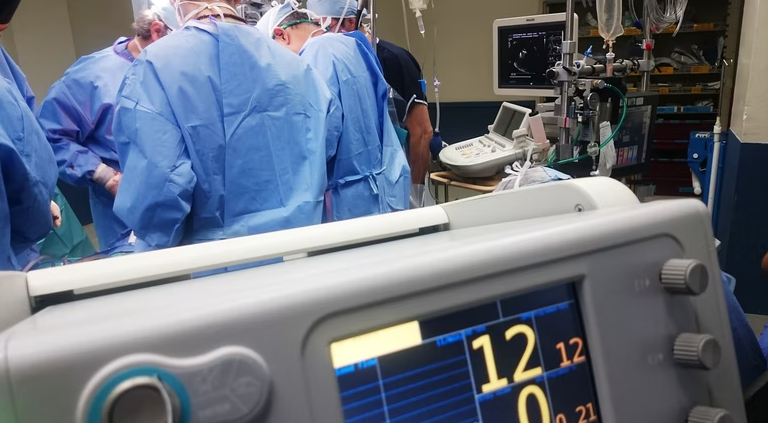Eliminate Your Fears And Doubts About Health
In this segment, we ‘re talking about stuff you should do on your own to deal through fear and anxiety. They will not mention the other useful approaches and treatments that are used when dealing with licensed clinicians or other professionals. These are important for those who have undergone trauma or are suffering from extreme fear or anxiety.
Avoid avoidance
The best way to deal with anxiety is to deal with it. Evitating our worries just stops us from going forward — it leaves us nervous. So be kind to yourself and do what you feel free to do! When you’re feeling more panicky, take a break and find something fun or soothing to see or do. When you feel comfortable afterwards, you can try to tackle the anxiety again, taking breaks if needed. When you find it difficult to cope with persistent anxiety or anxieties on your own, be mindful that therapy can be helpful in continuing you function while resisting approaches.
If you have undergone trauma, it is especially important to work with a psychiatrist to establish a healthy atmosphere where you can confront your anxiety and restore your memories. Whether your apprehension or anxiety is milder, you should begin your mindfulness meditation. Read more of the methods of mindfulness. Everything you need to do is lie back and enjoy the current moment. If anxiety or apprehension occurs, understand it. If you may, be curious about that. Observe the fear. Remember how you feel in your body. Note any feelings associated with it.
See how you can see it as it is; don’t get embroiled in the plot, or attempt to get rid of it, or change it. Then when you need to, take a rest then turn your focus to something soothing, like your breath or your hands in your lap. Remember that if you get too anxious to be attentive, it might be best to pause and open your eyes and observe things in the room or take a little stroll.
Develop a healthy sense of personal control
Emphasis is on “internal control.” Stress-hard people center their attention on things in which they have power, rather than circumstances beyond their control. The meditation of the Serenity, credited to the American theologian Reinhold Niebuhr, describes this well:
God, give me the serenity of knowing what I can’t fix,
The bravery to change the things I should do,
And the beauty of understanding the difference.
Promote positivity
Anxiety helps us to perceive and recall traumatic things, which strengthens our perception that the world is a terrifying place. We will try to improve this by actively realizing what is positive — the happiness that we get when we see someone we love, the enjoyment of a beautiful day, the beauty of nature, the excitement of an outing, the laughter of a situation.
According to research by Barbara Fredrickson, positivity broadens our perspective — we actually have a wider vision that gives us more opportunities. So the more we cultivate positivity, the more it develops, building a strength that allows one to work even in tough times.
Find meaning
Fear will destroy our understanding of the universe as we know it. Many who have endured depression may still have suffered significant defeats that cause them to doubt the value of their lives. Trauma survivors can still feel ashamed about what happened, thinking, illogically, that they may somehow have avoided it, and knowing what their function is and how to improve the remorse may often lead to questions about their significance.
But if we’re suffering from anxiety or ptsd, it’s necessary to rediscover a sense of self. An 80-year analysis of factors related to survival showed that people who adapt to positive post-traumatic behavior are those that can find value in stressful stress and regain a sense of stability across the world.












Leave a Reply
Want to join the discussion?Feel free to contribute!